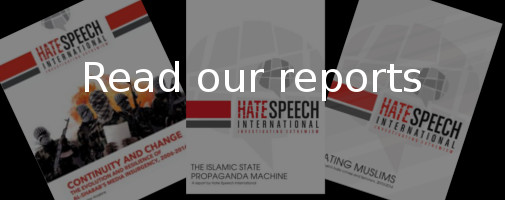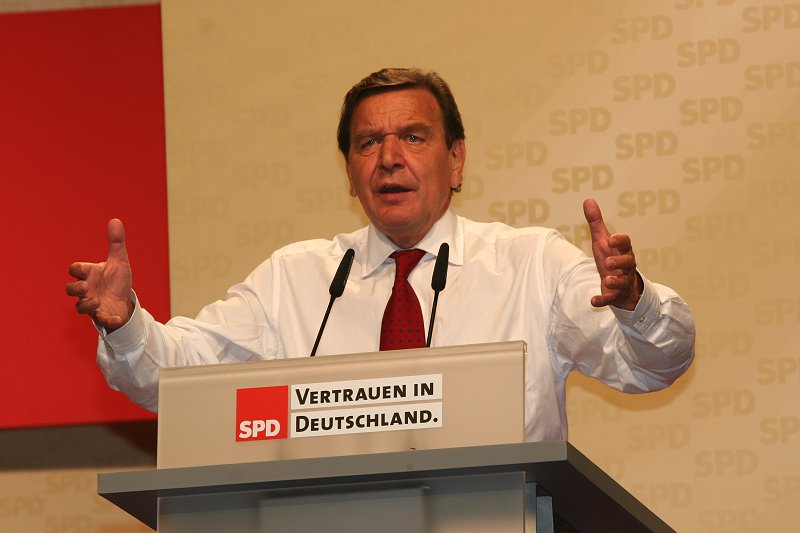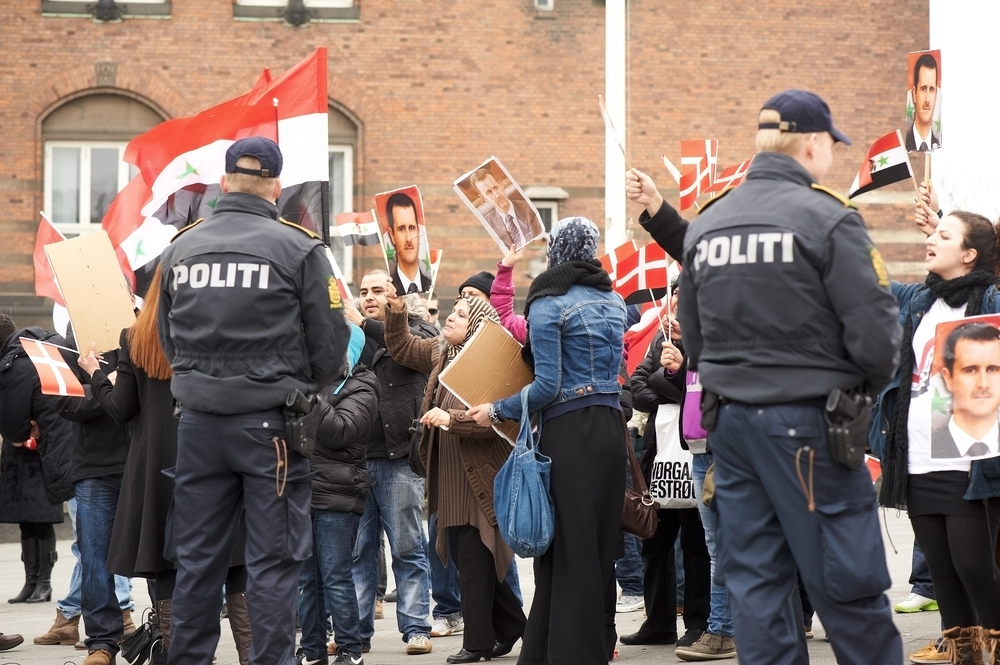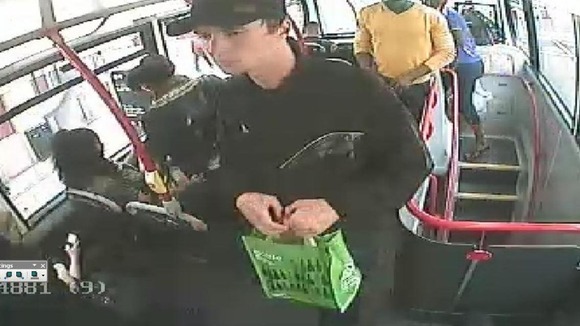Errors, breakdowns and prejudices: the failure of German security authorities
The list of mistakes that allowed Mundlos, Böhnhardt and Zschäpe to escape arrest for so long is extensive. Numerous informants of several law enforcement authorities were involved as infiltrators in the supportive environment around the NSU members and in the political organizations they had taken part in before going underground. An internal document of the Office for the Protection of the Constitution in Thuringia shows that the secret service knew, at least until 2001, something about who remained in contact with the fugitives and in which region the trio was hiding.
The Besondere Aufbauorganisation (special organizational structure) “Bosporus” – founded in July 2005 to investigate the series of killings – was one of the biggest police task forces in recent German history. Up to 160 officials all over the country were part of this task force’s investigation. But the they mainly followed the wrong leads. According to investigation files, their main focus was “drug scene, organized crime, extreme left- and right-wing Turkish groups or foreign secret services”. Some 30 million data records were analyzed, among them “tens of thousands of data about travel patterns and visa documents of arriving Turks”. Undercover operations were mounted in the environment surrounding the victims’ families. Information about the killings was meticulously collected. But officials paid little attention to the the possibility of a racial or extreme right-wing motivation for the killings, even though a criminal profiler’s analysis had led to the conclusion that the perpetrator or perpetrators may have been part of the “right wing scene”.
Instead of solidly investigating all options, investigators relied on methods not generally associated with the German security services. An Iranian spiritualist who claimed to have contacted the dead, for example, was deployed in the investigation of the Hamburg killing. He claimed that the victim, from the beyond, had given him a description of the murderer: “The offender is said to have a dark complexion (Southern European), brown eyes and black hair. He is very young and could be a Turk.” This quotation is taken from the files of the investigation. The description corresponded to the expectations of the investigators.
Apart the lengthy work of a federal investigation committee, political leaders from the states of Bavaria, Saxony and Thuringia are seeking to clarify the official failures. But what will be done? Shortly after the NSU’s alleged responsibility became public last November, some elected officials began calling for a ban of the extremist National Democratic Party of Germany as well as for the establishment of a centre to defend against right-wing terrorism and a central database of violent neo-Nazis. Although the state in past years has demonstrated strength by banning right-wing extremist organizations, the situation has not significantly changed.
Neo-Nazis still kill, harm and agitate. Their numbers are not declining; the circles of violence are growing; and racism and Islamophobia are widespread. Shortly after the terror cell became public, neo-Nazi followers began ridiculing the victims on T-shirts, alluding to the NSU actions in demonstrations and interviews and sympathizing with the defendants – all despite intensive media attention and state repression.
To call things as they are
To prevent more racist and right-wing extremist murders and attacks, it will first be necessary for the authorities and society at large to discuss the problem openly and determine its scope. The problem is racism, and the discussion must extend to the behaviour of investigators and the media. In 2004, after a bomb exploded outside a hairdressing salon in an area of Cologne crowded with immigrants, the salon owner told a sceptical reporter: “I believe in a xenophobic motivation and you don’t.” Now it seems clear that bomb was indeed planted by the NSU. Measures against racism and discrimination must be taken at all levels.


 Print Friendly
Print Friendly







[…] succeeds, the NPD will be gone, but Germany’s right-wing extremist subculture – which has also fostered terrorists – will […]